A Debate on the Quality of the Urban Realm and Architectural Competitions: Do Architects Run the Show?
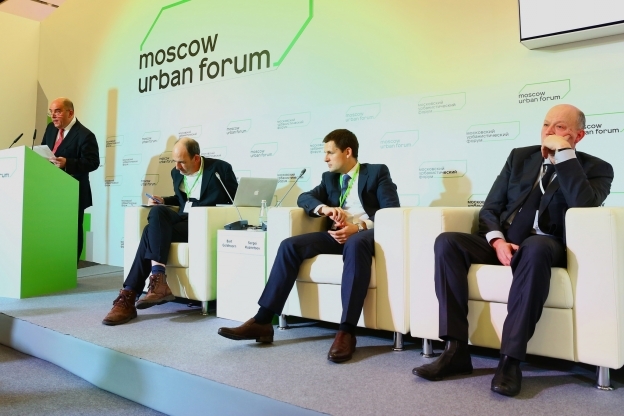
At the “Quality of the Urban Realm: the Role of Architecture and the Architect” session at the Moscow Urban Forum 2014 a hot dispute was prompted by architectural critic Grigory Revzin’s speech on the role of the capital’s architectural contests.
According to Sergey Kuznetsov, Moscow Chief Architect, a lot has been done in the capital in the last two years in order to promote the architecture and bring it to public’s notice. The session in question is actually a case in point. During the session the experts tried to answer the following questions: what defines the quality of architecture and the city image? What needs to be done to make people pay attention?
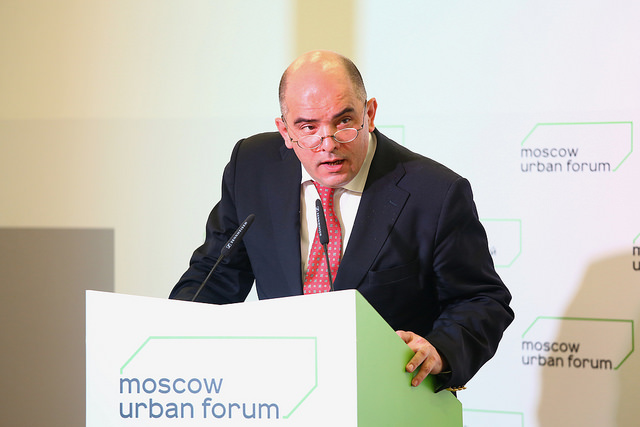
The expert opinion is that one of the ways to improve the quality of architecture is to have architectural competitions. Moscow first organized one of them in 2013; it proved to be quite successful. In the last two years about 20 creative competitions have taken place in the capital for both large-scale (Zaryadye Park, Moscow River) and local projects (Triumfalnaya square, Solntsevo and Novogireevo metro stations).
“This competition practice really took off. We’re no longer the only ones to initiate it, there are others, too, like state corporations, federal institutions, investors”, noted Sergey Kuznetsov.
Of course, there’s the other side of the coin. Grigory Revzin, an architectural critic, Strelka KB’s partner and HSE professor made quite a provocative statement about the failure of Sergei Sobyanin’s architectural policy: “We are back to the Soviet production of urban space — millions of square meters without brand, identity or artistic meaning”. According to Revzin, competitions are an alien concept to Russia, because none of the winning projects has ever been implemented.
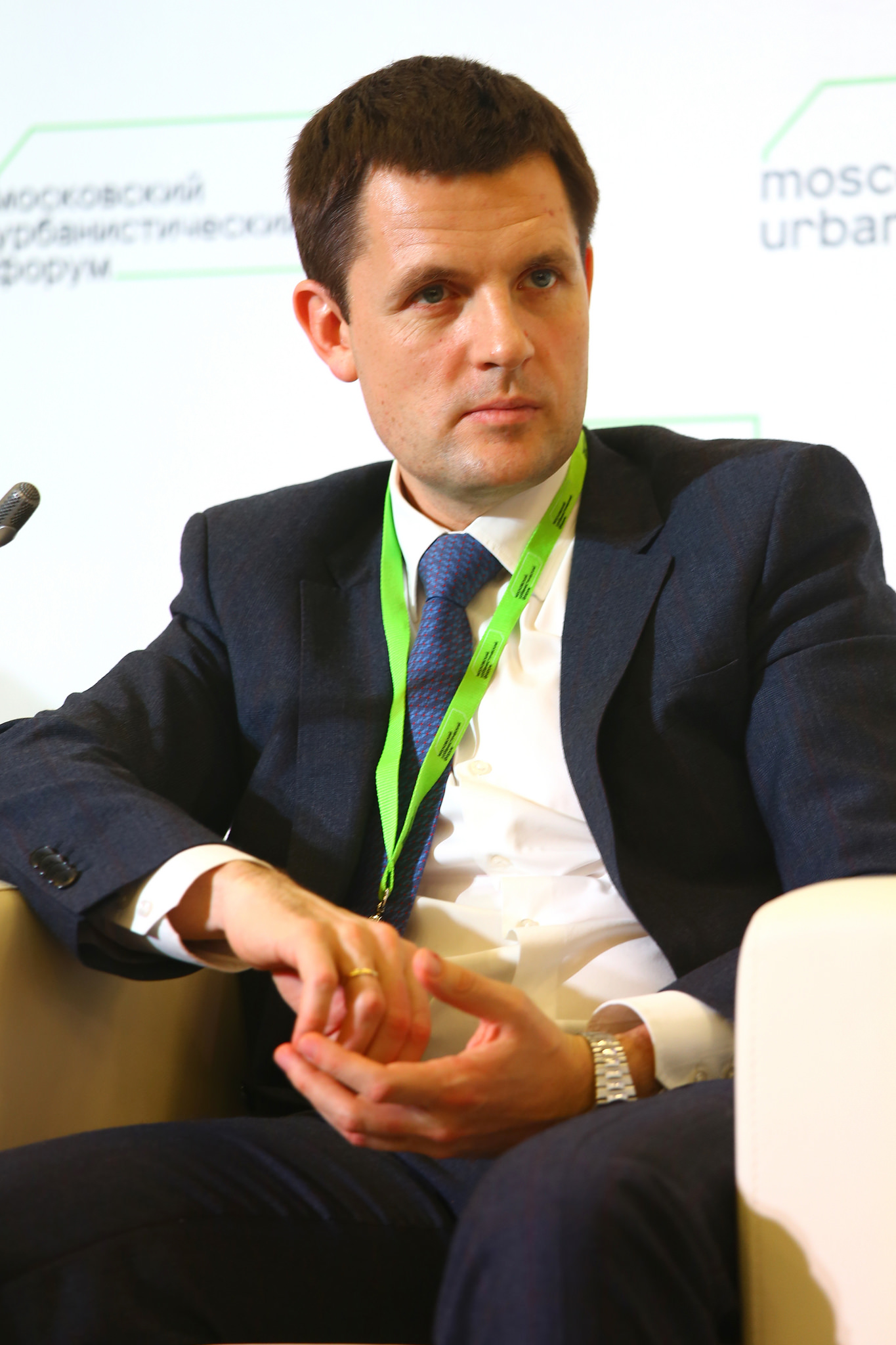
On the other hand, Yekaterinburg Chief Architect Timur Abdullaev pointed out that when it comes to the practice of easing the administrative burden on the developers, many of them still see competitions as an additional obstacle. Due to the lack of legal basis, it is impossible to force them to fully embrace the competitions.
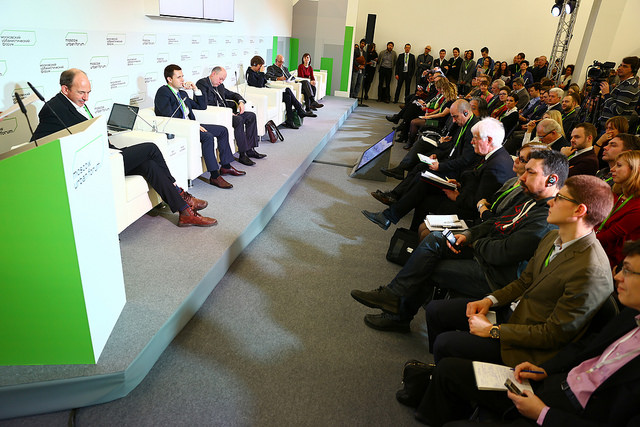
“I think that competitions are eliminating the existing barriers, not creating new ones”, maintained Sergey Kuznetsov. “Of course, the lack of legal basis is a serious problem we are currently working on. Right now it’s like walking against the current. Nevertheless, architectural contests are much more efficient than the existing practice of submitting the projects to be reviewed by the Architectural Council of Moscow. When it comes to the competitions, it is the representatives of the professional community who make the decision along with the investor. If we see a project that won a competition and was reviewed by experts as well as the customer, we are willing to approve it without further scrutiny. Right now there are many investors asking us to organize competitions for precisely that reason. They want the barriers eliminated.
It’s no coincidence that when it came to implementing large-scale state projects like the Parliamentary Center, Tretyakov Gallery and Pushkin Museum, their representatives willingly accepted the contests as a way of choosing the architect.
They want to find the best man for the job, who will be able to make the project interesting not only for the management but for the general public and the professional community as well.
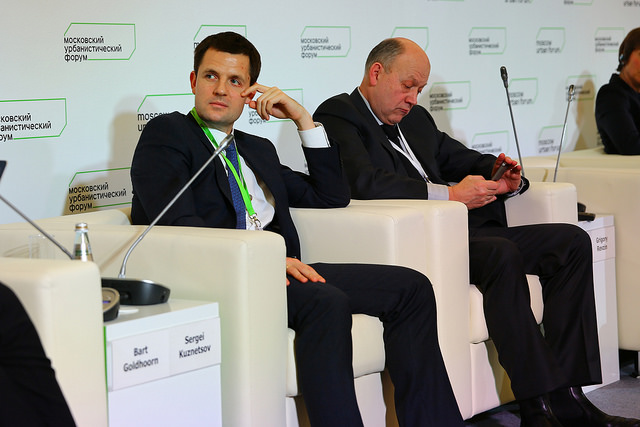
The idea of the competition entries is to ultimately see them implemented, but it’s still too early to talk about the architectural masterpieces of Sobyanin’s era. The majority of the main architectural contests for the creation of ‘the masterpieces of the new era’ took place in 2013-2014, and the winning projects simply haven’t had enough time to be realized yet. The projects chosen a year ago are being implemented now. There is construction activity in the future Zaryadye Park, and it is about to begin on many other sites. I’d rather evaluate those projects not in a year after their concept was created but after they were actually built. Only then could one say for sure if the idea to have a competition was a good or a bad one.”
In conclusion of the session its moderator, editor-at-large of Project Russia Bart Goldhoorn noted that a variety of large-scale architectural competitions that took place in Moscow is a big step forward in improving the quality of architecture. However, the mechanism requires tuning: “There used to be competitions organized in Moscow that nobody even knew about, or learnt about when it was already to late to participate. The situation has since improved. There are state contests, like the ones organized by NIiPI Genplana, the R&D Institute of the Moscow General Development Plan, which offer good fees and good chances for the projects to be realized. Even if your project doesn’t win, it’s OK, because you did something interesting and got paid for that. There are also competitions organized by the investors, and those don’t pay well. The architects have to work hard with almost nothing to gain. As a rule, the winner doesn’t even have a say in their project’s implementation. In cases like that the contest doesn’t really make sense and turns into yet another tool for developers to raise money.”
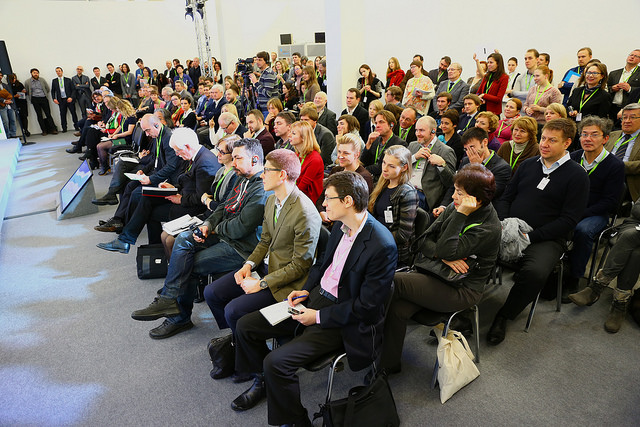
Here’s what Chief Architect at the Urban History Studies Center Boris Pasternak had to say to the Architectural Council of Moscow Internet portal about the role of architecture and the architect in the matters of the quality of the urban realm:
— "When architects are having a discussion in the public space, what they lack is a certain understanding of social responsibility and the architects’ role. Childish grudges against fellow architects who won the competitions others have lost, or against the authorities that won’t finance their projects, or against the general public who for some reason dislikes the architects, are brought to light. One can clearly see a consistency in what Moscow has been doing architecture-wise in the last few years, and it inspires respect. Some initiatives were more successful than others. Things were different back in the times of today’s administration predecessors: it was the impudent approach, the realization of one’s investment desires in spite of the urban context and the neighbors’ wishes that incurred the public’s displeasure. The discussion was sometimes stirred intentionally into the direction of style bias, which was, to my mind, a PR trick aimed at avoiding the pivotal issues: comprehensive functional development, local administration and its role in the decision-making process in city planning.
I am concerned that come the recession the pendulum will swing in the developers lobby’s favor again. The city will say: the hard times have come; we need to hold on to every investor. All architectural nuances will be pushed into the background and all architectural institutions will be reduced to being a service for the developers to use to promote whatever wishes they might have. The image of the architectural guild will take a hit. It wasn’t that great to begin with, but for now the interest for new urbanism and public spaces redevelopment have broken the ice when it comes to the public’s attitude towards architecture. But if developers start to demolish beautiful old houses to build high-rise ones, the urban community will reject it. Who will be at fault? The architect.
Now is not the time for the architectural community to complain about misunderstanding or ask the authorities for money and affection. It has to grow up, to fully realize its social responsibility and to stand its ground. In order for the architecture to be talked about it has to become social, to communicate the city’s interests, to react to the public’s needs and desires. I wouldn’t want the role of architecture and the architect in the quality of the urban realm to become a thing of the past, and us remembering this discussion as a feast in time of plague."
- Tags:
- Urban Forum |
- Grigory Revzin |
- competitions





